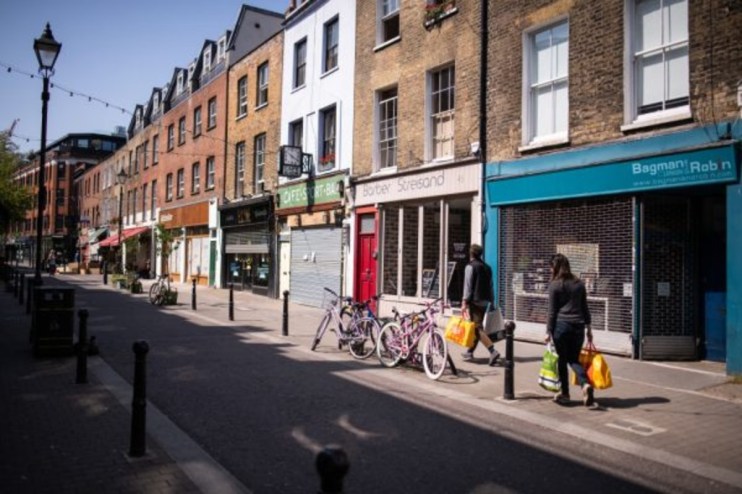Labour’s tax bombshell for high streets

The government is rushing through business rates reforms for private schools without considering the wider implications for sectors we all rely on, says John Webber
Twelve months ago, the Labour Party was still talking about scrapping business rates if it got into power. Whether that was a genuine plan or whether the £22m blackhole discovered after entering government changed that strategy, is anybody’s guess.
One thing is for sure: the announcements made in the Budget and those since will certainly not help the high street in the short term. Reducing the current 75 per cent discount on business rates bills to 40 per cent for the retail and hospitality sector will result in those businesses currently eligible for relief seeing their business rates bills rise by 140 per cent next year.
And now we have draft legislation, being rushed through Parliament Non-Domestic Rating (Multipliers and Private Schools) Bill which despite the government saying will “save the high street”” will in reality lead to higher business rates bills for many of the businesses it is seeking to aid. The proposal to introduce a lower multiplier for high street businesses will be paid for with “a higher tax on the most valuable one per cent of business properties”, that is introducing a higher rate (or multiplier) to be payable by businesses occupying property with a rateable value over £500,000.
Rushed legislation
We believe this new legislation, should it be introduced, has not been properly thought out and will potentially add millions of pounds onto the rates bills of UK PLC – doing little to help grow the economy. It would enable the government to increase the higher multiplier (the rate at which property businesses are taxed) by up to 10p in the pound on these larger businesses.
We estimate that, should this occur, the office sector for example could see a huge £677m added to its annual business rates tax bill and an extra £266m could be added to the bills of large distribution warehouses.
But the plans will also punish the larger bricks-and-mortar high street retailers since every large retailer has a number of distribution centres and so will see their rates bills rise substantially – up to 10p in the pound. Given the larger retail and hospitality businesses are also the main employers on the high street, such additional costs will hardly incentivise investment or the creation of future jobs, given the other increased costs the sector is currently seeing.
Looking at the sector more closely, we estimate this new legislation could mean hypermarkets and bigger supermarkets seeing a £228m rise in their bills, larger shops could see rises of over £87.2m and retail warehouses and foodstores by £37.5m.
Hotels are not exempt: Four-star hotels and major chains could face an extra £58.6 million.
Other key sectors with large occupiers would also be hit including large industrial/ manufacturing which could see an £84.5m increase and factories, workshops and warehouses (including bakeries & dairies) many of which supply or support high street businesses, which could see an extra £81.9m on their business rates bills.
And there will be fall-out on other sectors that the government might not have thought about such as NHS Hospitals and clinics which could see an extra £78m on their rates bills through this policy.
And given we are also facing a revaluation in 2026 expected to result in increases in rateable values across the sectors, this together with the higher multiplier, will lead to carnage.
There have been no discussions with industry as promised at the time of the Budget
We are also concerned about how quickly this legislation is being rushed through parliament. The second reading of the bill was at the end of November, with the third reading expected shortly. Yet there have been no discussions with industry as promised at the time of the Budget. The government is clearly doing this to get their taxation of private schools in place by January, ignoring the fact that they have not thought through the implications of their wider business rates reforms.
For all the government’s claims we are therefore seeing no change in the direction of travel for the business rates burden on UK PLC. This can be evidenced by the OBR report attached to the Budget papers showing annual business rates rising to just under £40bn a year by 2029/30 – an eyewatering increase on the £29bn raised today. A far cry from what Labour promised before elected to power – and certainly a contradiction to any growth strategy.
Sign off: John Webber is head of business rates at Colliers